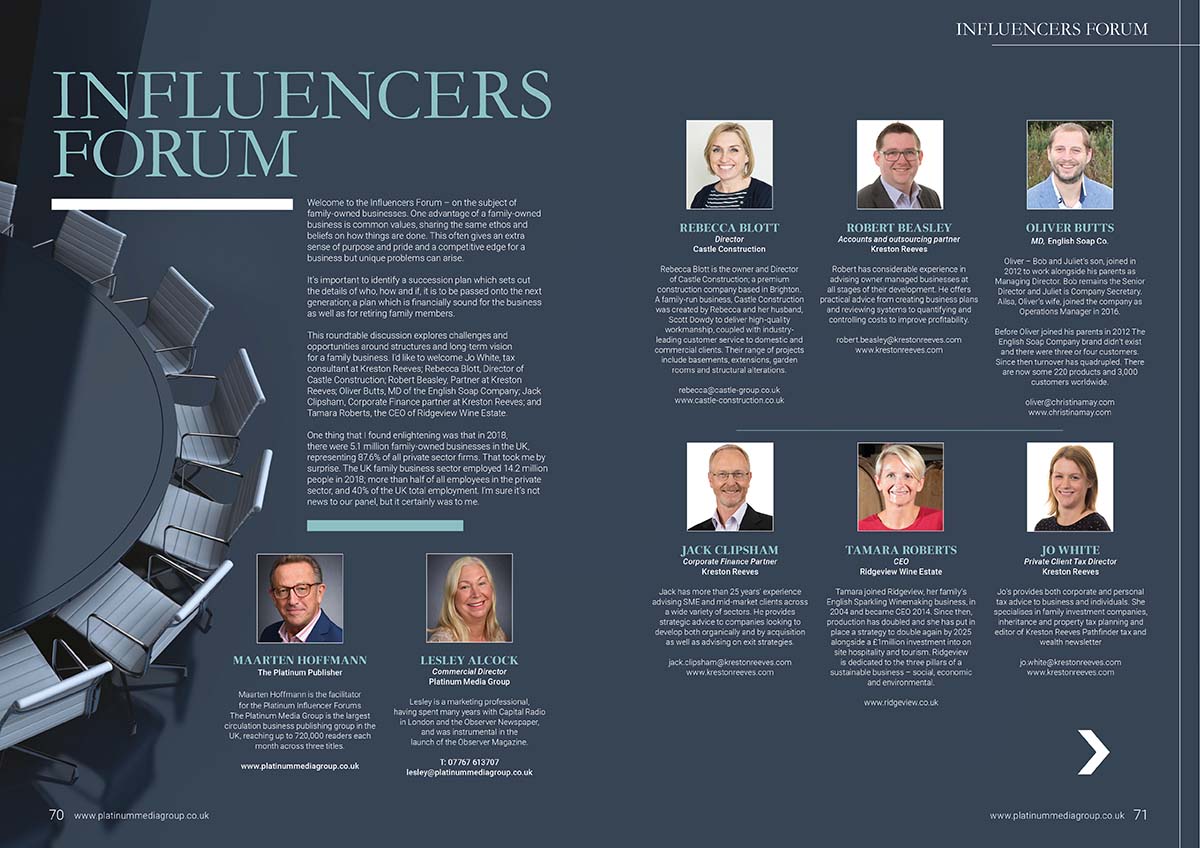
What should the purpose of GCSE mathematics be? Broadly speaking, most aims can be categorised into three areas:
• To develop transferable problem-solving and critical thinking skills.
• To teach practical numeracy that is useful for everyday life.
• To prepare students for further study of mathematics and sciences in tertiary and higher education.
The first of these is the easiest to meet – questions that require students to problem-solve and apply methods in novel ways can usually be written for any topic. It is the balance between the latter two purposes that is the subject of this column.
When a maths teacher is asked the classic question “When are we ever going to use this in our lives?”, most educators try to think of a real-life application of the content. For many topics, I have stopped trying to do this, and instead motivate it in terms of problem-solving. The reason is that they are right - much of the content is simply not useful for everyday life.
In education policy, there has been a steady drift toward a neoliberal agenda. Successive governments have promoted STEM subjects – wanting more scientists, engineers, computer programmers and doctors – while arts funding has been cut.
The changes made to higher GCSE mathematics in 2015 are a stark illustration of this. Some of the topics covered include set notation, functions, vectors, and a huge amount of algebraic manipulation. These are clearly biased towards providing a foundation for A-level mathematics rather than any direct everyday use.
What was even more dramatic, however, was the increase in difficulty. The new papers are much, much harder. This is fantastic for the more able students who weren’t challenged enough by the old specification and who want to continue studying Maths, but not for the majority of the student population.
Maths is a compulsory subject and future options are severely limited if students do not pass. Students are not allowed to study A-levels, and most universities, apprenticeships and jobs require passes in English and Maths.
In 2019, students had to score 22% to pass GCSE Mathematics. While such a mark does not necessarily mean
a student only understands 22% of the content, the point still stands. What is the point of trying to do so much when the average student feels like they are going at too fast a pace and only able to acquire a fragmented understanding of the subject? It is unproductive and demotivating.
More options are required for students. Some may point to the foundation tier GCSE, which can be a good
choice for those really struggling to pass. The issue with this, however, is that it puts a ceiling on achievement – the highest grade one can obtain is a five (equivalent to a C). The many middle-of-the-road students thus face an unenviable choice: study higher tier when they may not fully understand much of the content/use again in the future or pick lower tier and have their potential capped.
So, what can be done? A third qualification in between higher and foundation may be a good idea. Another is more choice in syllabi, especially those with a greater focus on practical applications for those with no intention of further study in Maths. Courses like this exist, but most schools do not offer their students much/any choice. In any case, this is an issue that deserves attention and thought.





